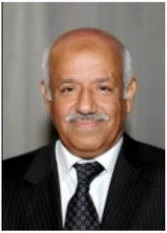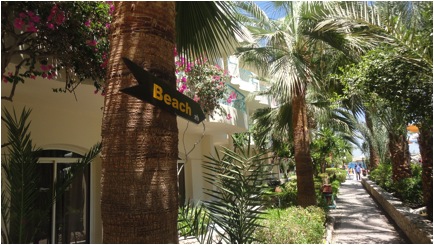Egypt’s launched its National Dialogue on Wednesday, gathering several political parties, civil groups, syndicates, intellectuals, and public figures.
The National Dialogue will discuss key political, economic, and social issues.
Diaa Rashwan, General Coordinator of the National Dialogue, said that all sessions would be open to the media but discussions around the constitution, foreign policy and strategic national security issues would be off limits.
In a recorded speech in the opening session, Egypt’s President Abdel-Fattah Al-Sisi vowed to ensure its success and implement its outcomes within a framework of democracy and effective political practice.
Egypt’s Former Foreign Minister Amre Moussa, said that the National dialogue is an opportunity to discuss what concerns public opinion in Egypt, especially at this critical stage.
He reflected on the questions of the Egyptian people, regarding the country’s direction. “In reality, Egyptians are now anxious and have questions regarding the country’s fate.”
“People are asking, where is the transparency? What is the debt situation? Why are investments decreasing? How high would the inflation go? Did the security policy undermine Egypt’s economic movement?”
Moussa criticised the absence of “spending priorities in the Egyptian state, stressing that Egypt is facing unprecedented challenges that stem not only from external circumstances but also from internal mistakes.
He stressed the need for honesty and clarity as “people need to be given an honest answer no matter how shocking it may be and should be prepared for a tough future.”
It is time to deal directly with the pre-trial detention file, and end it for once and for all,” Moussa stressed.
Hossam Badrawi, the National Dialogue’s consultant for Egypt Vision 2030, argued in favour of Egypt’s 2014 constitution, which calls for turning Egypt into a civilian democratic state and guarantees and protects citizens’ freedom of speech and private lives.”
He asserted that Egypt’s presidential system is the country’s best fit, adding that two terms of not more than 12 years are the guarantee against autocracy.
He also indicated that the armed forces and security forces should be confined to preserving national security, and should not interfere with the civilian and democratic nature of the state, he added.
“The armed forces should not carry the burden of development,” Badrawi said.


